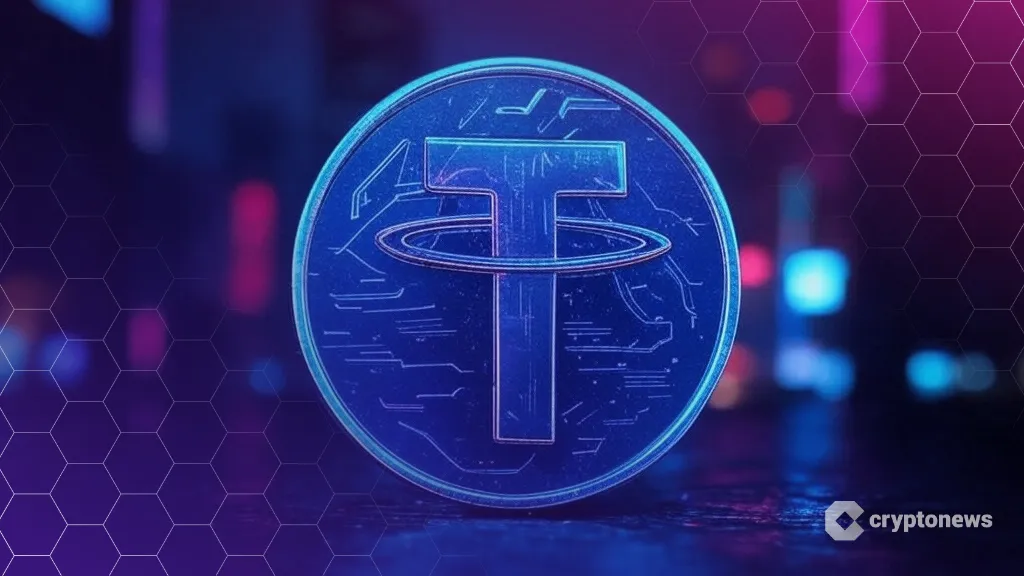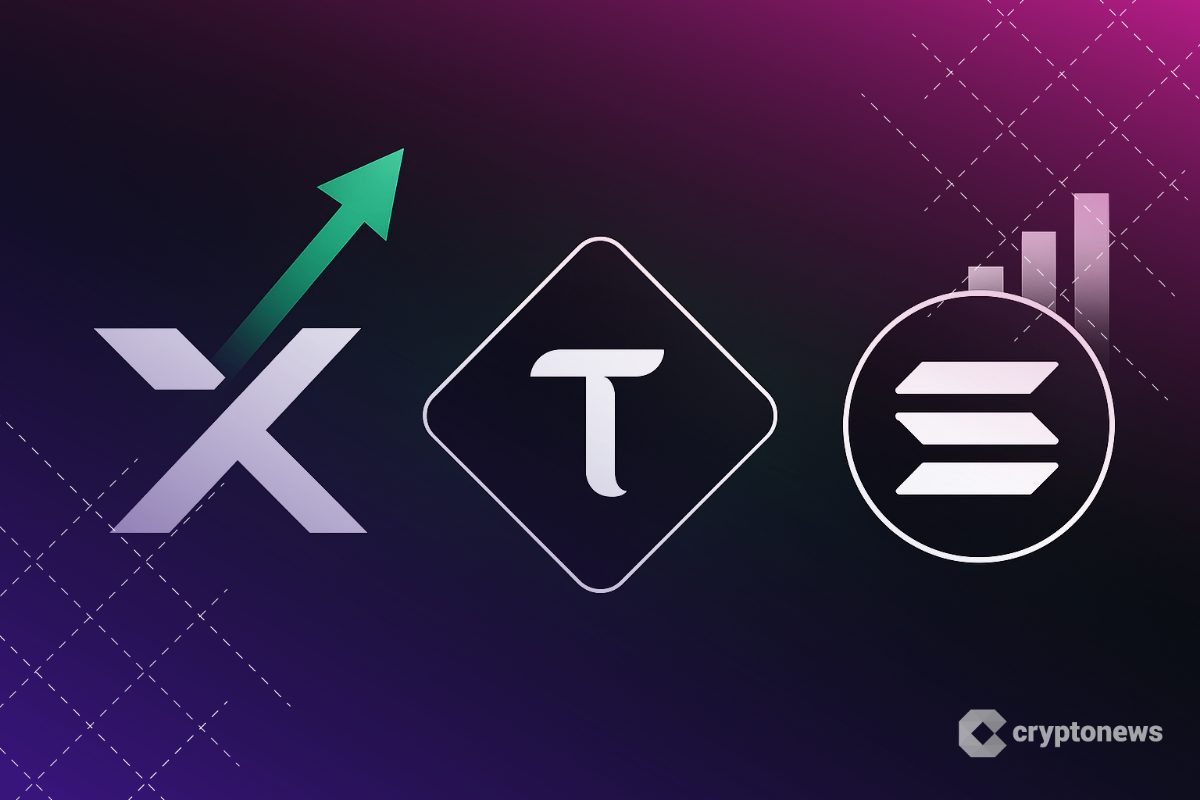Tether CEO Paolo Ardoino Confirms Launch of Open-Source Wallet Kit for iOS and Android

Tether CEO Paolo Ardoino has confirmed that the stablecoin issuer will launch a fully open-source Wallet Development Kit (WDK), with starter wallets for iOS and Android.
In an October 13 post, Ardoino teased that Tether’s WDK will be released this week in a bid to enable trillions of self-custodial wallets.
A day later, he released a demo and overview of the WDK template wallet, featuring full non-custodial support, multiple mnemonic backup options, and a complete DeFi module covering USDT, USDT0, lending, swapping, and more.
According to Ardoino, Tether’s WDK centers on open-source, super-modular, highly scalable, and battle-tested development libraries that are easy to integrate on any platform.
The Tether CEO added that “the Starter Wallet is a compact, fully functional demonstration of how easy and quick it will be for anyone to develop a complete digital assets wallet using Tether’s Wallet Development Kit.”
Tether Paolo Ardoino Says Wallet Development Kit Supports AI Agents and Robots, Not Just Humans
The development of the Tether Wallet Kit has been ongoing for a while
In November 2024, the stablecoin giant first unveiled its work on the WDK to allow businesses and developers to integrate non-custodial wallets into any app or website.
Ardoino revealed that the WDK supports both human users and machines like AI agents and robots, and the kit is designed to withstand even the most challenging scenarios.
Moreover, the WDK is expected to embrace all blockchains supported by Tether’s stablecoins and also aims to expand by offering UI templates for any platform to build non-custodial experiences.
The kit was previewed at the recent Lugano Plan B event, where Ardoino said it used peer-to-peer (P2P) structures to enhance data security.
This matches Tether’s non-custodial goal, which has seen it roll out a number of innovative products.
In February, Ardoino revealed that Tether Data, the company’s AI division, is working on multiple AI-powered tools, including AI Translate, AI Voice Assistant, and an AI Bitcoin Wallet Assistant.
These applications are designed to operate locally on various devices while maintaining user privacy and self-custodianship of both data and funds.
A demo showed how the AI Bitcoin Wallet Assistant could function.
In the demonstration, a user asked the chatbot, referred to as “Payment Agent”, for their Bitcoin wallet address and balance before instructing it to send a small amount of BTC to a contact in their address book.
The entire process was executed autonomously through the AI interface.
Tether Bets Big On Privacy And Non-Custodial Wallets As USDT Dominance Hits 59%
In May, Tether made a strategic investment in Zengo Wallet, a self-custodial, seedless crypto wallet designed to eliminate single points of failure.
The stablecoin company invested in Zengo Wallet to help advance its mission of promoting financial inclusion, consistent with Tether’s goal of providing people around the world with access to a stable currency.
Aside from wallet integration, Tether has also been expanding its foothold in stablecoin payment for retail transactions.
On September 21, three prominent automakers, Toyota, BYD, and Yamaha, started accepting USDT payment options in Bolivia.
Ardoino celebrated this milestone and affirmed that USDT is the “digital dollar” that’s now serving hundreds of millions of people, particularly in developing economies.
Source: TetherMeanwhile, Tether recently reported a net profit for Q2 2025 that totaled approximately $4.9 billion, bringing the total for the first six months of the year to $5.7 billion, alongside a growing stockpile of $127 billion in US government bonds.
This represents an $8 billion increase compared to Q1 2025 at the end of Q2 2025, placing Tether among the largest holders of U.S. government debt globally.
Additionally, its stablecoin USDT reached an all-time high market capitalization of $180.32 billion, following the issuance of another $1 billion worth of USDT on October 13.
The post Tether CEO Paolo Ardoino Confirms Launch of Open-Source Wallet Kit for iOS and Android appeared first on Cryptonews.



